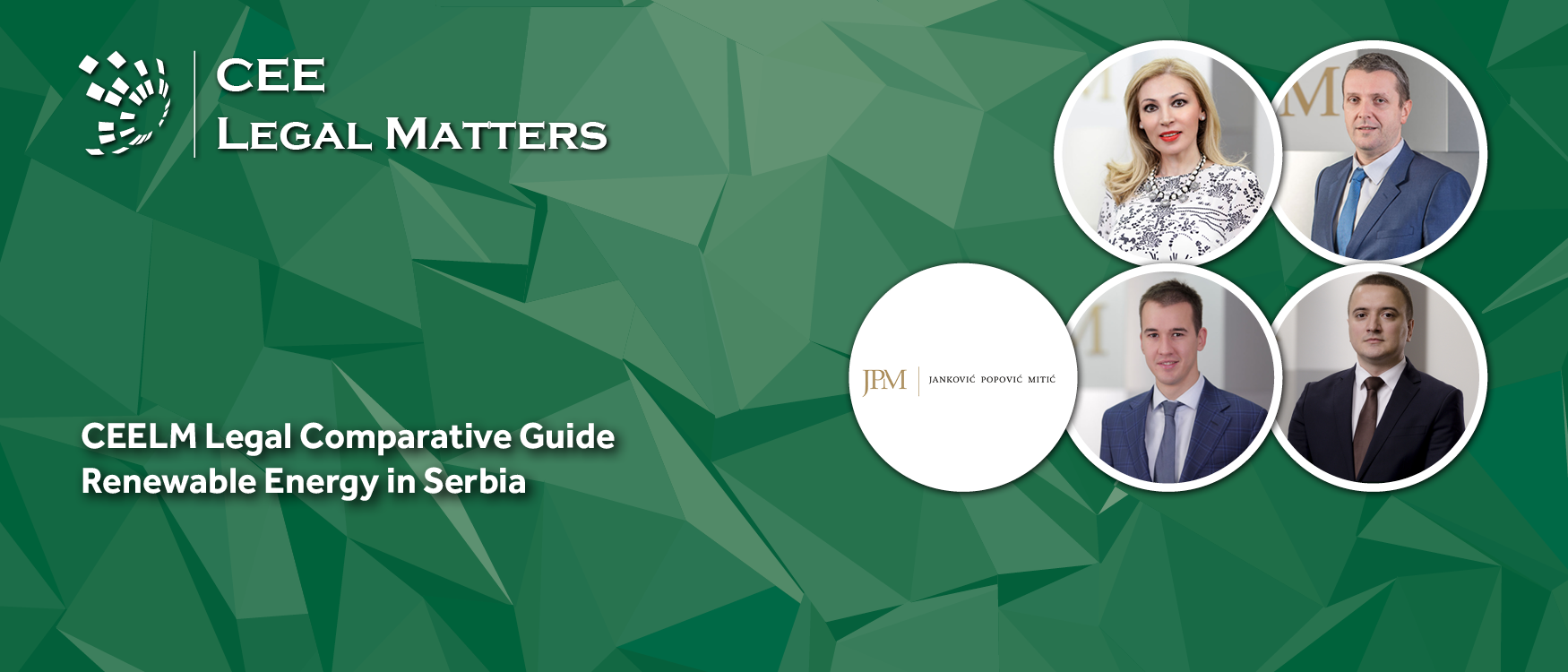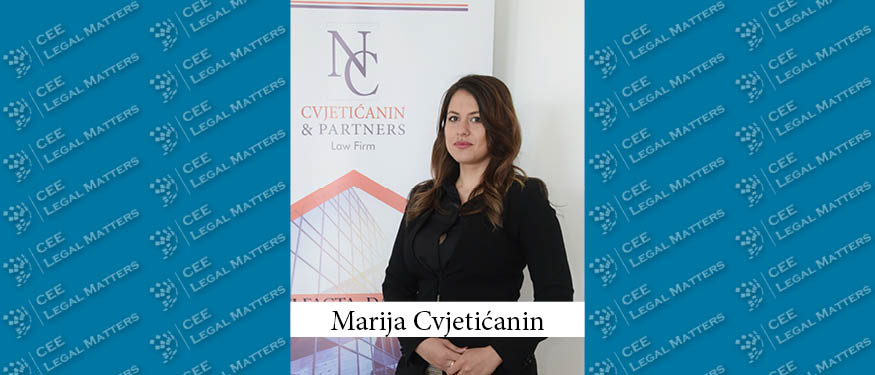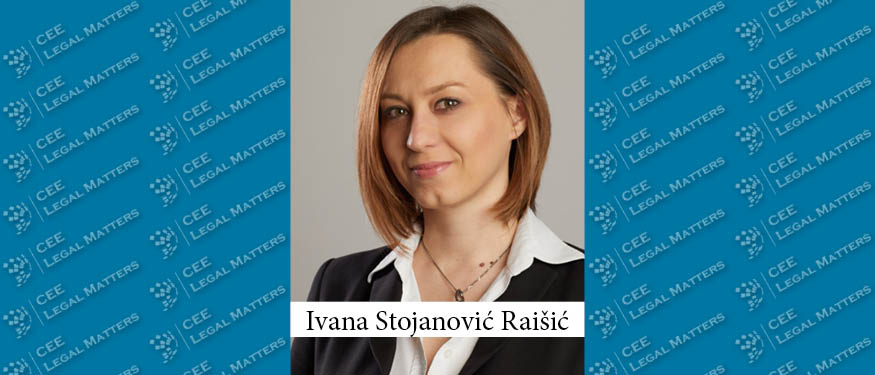On May 25, 2023, CEE Legal Matters reported that Hristov & Partners had advised e-commerce-focused digital company Aiopsgroup on its sale to IT development and services tech group Valantic. CEELM reached out to Hristov & Partners Partner Pavel Hristov to learn more about the deal.
Zivkovic Samardzic and Radovanovic Stojanovic & Partners Advise on TinySeed Investment in Plainly
Zivkovic Samardzic has advised US venture capital fund TinySeed on its investment in video automation software developer Plainly. Radovanovic Stojanovic & Partners advised Plainly's shareholders.
Breaking News: Serbia Initiates Auctions for Awarding Market Premium for Solar and Wind
The Ministry of Mining and Energy of the Republic of Serbia published the public call for auctions for awarding of market premiums (in the form of CfD) for wind and solar projects earlier today (Wednesday, 14 June 2023).
The Artificial Intelligence Risk Management Framework
In the latest installment of our series on the risks presented by artificial intelligence (AI), we delve into the risk management framework released by the esteemed American National Institute of Standards and Technology (NIST).
Tax Reliefs for Startups
The year 2021 was the most successful ever for the Serbian startup ecosystem, with local startups attracting over €120 million in investments and the Serbian tech sector exceeding $1.7 billion in export revenue in 2021. The Government’s ‘’Strategy for the Startup Ecosystem Development of the Republic of Serbia for the period from 2021 to 2025’’ aims to accelerate the development of the startup ecosystem and encourage innovation even more. As one of the main instruments of doing so, RS has introduced good-old tax reliefs and incentives.
Branko Jankovic Makes Partner at NKO Partners
Former NKO Partners Senior Associate Branko Jankovic has been promoted to a Partner position with the firm.
Deal Expanded: Dentons’ Simon Dayes and Ulcar & Partnerji’s Matjaz Ulcar Talk About the Deal of the Year Serbia
CEELM: First, congratulations on winning the DOTY! Tell us a bit about the deal and your firm’s role in getting it across the finish line.
Deal Expanded: ZSP’s Stojan Semiz, Jelisaveta Stanisic, and Tijana Trivunovic Talk About the Deal of the Year in Serbia
CEELM: First, congratulations on winning the DOTY!
Serbia: 2023 Novelties and Challenges in Real Estate
Despite facing various challenges brought on by unfavorable market trends and the global events that shaped them, the Serbian real estate market continued to grow in the last quarter of 2022 according to a press release by the Serbian Republic Geodetic Authority (RGA).
Renewables in Serbia
Contributed by Jankovic Popovic Mitic
Tax Treatment of a Fee for Lease of Servers Abroad and Personal Data Protection Issues
The Ministry of Finance of the Republic of Serbia has recently issued the opinion no. 011-00-313/2022-04 (“the Opinion”), which refers to taxation of the fees paid by resident legal entities to non-residents for leasing servers abroad.
Employment of Foreigners in Serbia Is Undergoing Radical Changes
Serbian Parliament is currently deciding on two laws of major importance for foreigners seeking job opportunities or establishing businesses in Serbia. The first proposal concerns the Law on Foreigners, and the second the amendments to the Law on Employment of Foreigners. These two legal acts form general criteria for entry, movement, stay, and return of foreigners, as well as the conditions and procedures for the employment of foreign citizens in the Republic of Serbia.
New Block Exemption Regulations and Guidelines on Horizontal Agreements
Starting from July 1, 2023, the newly adopted Horizontal Block Exemption Regulations on Research and Development Agreements (“R&D“) and Specialisation agreements (together “HBERs“) shall take effect in the EU.
Zivkovic Samardzic Successful for Crime and Corruption Reporting Network Before Belgrade Court of Appeal
Zivkovic Samardzic has successfully defended the Crime and Corruption Reporting Network (KRIK) on appeal in a case filed by Serbia's Minister of Internal Affairs – and former Director of the country's Security Information Agency – Bratislav Gasic.
Tax Incentives for Renewable Energy Sources, Current Status and Possibilities
The energy development strategy of the Republic of Serbia until 2025 with projections until 2030, as well as the Integrated National Energy and Climate Plan, which is
currently being developed and adopted, foresee an increase in the share of energy obtained from renewable energy sources in the energy balance of the Republic of Serbia
as a strategic goal.
Banking & Finance in Serbia
Contributed by Gecic Law.
Last Call for Registration to E-Government Services
In accordance with the 2021 amendments to the Law on Companies, delivery of electronic documents to Serbian companies shall be performed to the registered mail on the e-government portal (eUprava).
Proposal for Amendments to the Law On Planning and Construction
The Government of the Republic of Serbia, at its session held on 4 May 2023, adopted the Draft Amendments to the Planning and Construction Act, so that, in due course, the adoption of the Draft and the adoption of the amendments to the Planning and Construction Act can be expected.




















